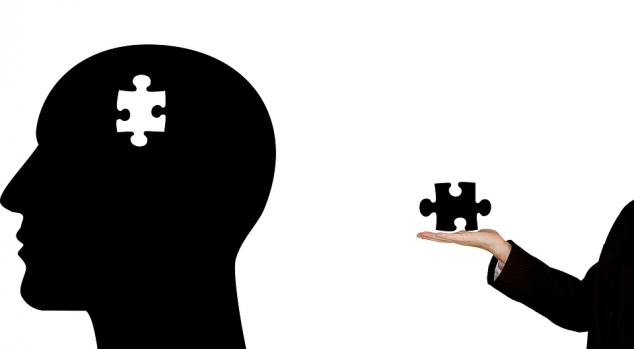4 Effective Ways To Protect And Improve Your Mental Health Online
At times, getting out and getting the resources you need can feel virtually impossible. This is especially true when it comes to protecting, preserving, and even improving your mental well-being. The good news is that there are four effective ways to ensure better mental health online.
Learn How To Properly Leverage Social Media
If you have lost touch with key friends and are spending an increased amount of time alone, you can use various social media platforms to make sure that you’re still getting a healthy level of socialization. Use these platforms to announce and celebrate special occasions, remain connected with others, stay abreast of key events, share pictures, and reestablish contact with people who add value to your life.
Keep in mind, however, that just as social media can provide a tremendous benefit during times of prolonged isolation, it can be equally detrimental if not more so. Make sure that you aren’t spending too much time living your life in virtual reality, and that you aren’t exposing yourself to more world news than you can comfortably and healthily digest. Information overload can lead to extreme stress, depression, and anxiety. Thus, if you find that you are using social media too much, start limiting your time and activities on these platforms.
Join An Online Support Group
One of the best ways to improve your mental and emotional well-being is by holding conversations with people who are facing similar battles, dealing with similar crises, or who possess similar mindsets. Knowing that you’re not alone in your struggles, beliefs, and fears can be incredibly rewarding. Engage in forum discussions to learn new strategies for overcoming present obstacles, maintaining peace of mind, and establish an emotional balance among other things. The act of sharing valuable information and resources with others in your group can also be very rewarding.
Start Focusing On Your Physical Health
Many people are able to overcome or mitigate both acute and chronic problems pertaining to their mental health online well-being by simply improving their general health. When the body is getting too much of something or not enough of what it actually needs, it is known to send out a number of distress signals. Sometimes anxiety, depression, anger, and fear are simply signs that we’re dehydrated, lacking key vitamins and minerals, maintaining excess body weight, or not getting enough physical exercise. There are countless web-based resources that you can leverage to this end. Check out the latest articles from top nutritionists, explore the benefits of structured stress management, follow along with needs-specific fitness plans, and learn more about your body type and requirements.
Connect With The Experts
There are also many diagnostic tools, online scheduling systems, and online counseling services that can assist you. When small life changes do not produce adequate results, consider consulting with a mental health professional via the web. There are even many emergency hotlines and chat platforms for those who experience personal crises in this area.

